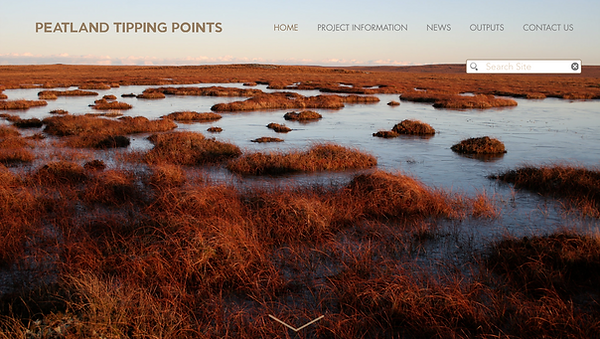Know your Impact
Impact tracking made easy with Evernote
Universities across the UK now require researchers to record evidence of the impacts that their research has, creating an additional administrative burden on already overstretched researchers. As a result, few researchers engage regularly with impact monitoring systems and important evidence may be lost.
Now Fast Track Impact have teamed up with Evernote to offer a quick and easy solution to collect evidence on the go in three simple steps:
-
Just one member of your team needs to sign up for a paid Evernote account – the rest of your team can use the free version of the app or website, or just email impacts into your Evernote account.
-
Start a new notebook, share the notebook with your team and anyone else who would like to have access to your impacts (e.g. an administrator who is helping you input evidence to an institutional repository).
-
Give your team your unique Evernote email address to send in notes, photos, recordings, documents, clipped webpages and other evidence of impact to be collated in your shared notebook.
Why track impact with Evernote?
-
Increase your productivity and the productivity of your research team with the world’s leading productivity software.
-
Take the pain out of reporting by collecting evidence as you go. Have relevant material quickly to hand when you need to enter it into institutional repositories.
-
No need for your team to remember a new log-in or learn new skills; if you can send an email, you can keep track of your impacts. Team members don’t have to download the app, visit a website or even be online unless they want to.
-
To set up impact tracking in Evernote, you need to be an Evernote Plus user (see Evernote website for pricing), but your team members use the free version (which you can try out here). When you subscribe to Evernote through Fast Track Impact, you receive a £7 discount on The Research Impact Handbook by Mark Reed (RRP £24.99).
-
If you don’t like it, you can cancel your Evernote subscription for a full refund within two weeks, and keep the book discount voucher.
In the following example, a research project is using Evernote to collect impacts from team members over the course of the project. To make it easy for the team, the website has a link which brings up an email to the Principle Investigator (PI)’s Evernote account. In this case, the PI has a few different projects and he wants impacts from each project to go into a different notebook, so he has added the name of the notebook preceded by the @ sign, to tell Evernote where to put it. These screenshots show what happens:


1. Team member
navigates to the 'Contact
Us' page on the project
website

2. Click on 'Impact reporting' link at the bottom of the page

3. Write email
4. PI goes to Evernote on computer, web or mobile
device and opens the relevant notebook. In this case the folder has been shared with the team so members can see impacts that have been stored via a web link or via the app on their own mobile devices

5. Once inside the notebook, the PI can see the email, which has been stored and can add tags to organize the content

At Fast Track Impact, we like to give you short cuts that make it simple for you to generate impacts from your research. Following the huge success of our templates for impact planning and for analysing your stakeholders and publics, we are now introducing the Fast Track Impact Tracking Template.
There’s no point wasting time trying to generate impact if you have no way of telling whether you are moving towards or away from your impact goals, and no way of knowing if the activities you’re doing with stakeholders and publics are working or falling flat. There is a single column in our impact planning template for impact indicators. In this template, we’ve expanded that column out into a full impact tracking template that you can use in project management meetings to quickly and easily see if you are on track or not.
The traffic light system makes it easy to see when there are activities that are consistently failing to deliver, so you can devote attention in the areas that most need it. There are 4 steps:
-
Enter your impact goals and activities from your impact planning template
-
Identify activity indicators that will easily tell you if your activities are working or not, and make sure you’ve got quick and easy ways of measuring your indicators
-
Assess your progress using the traffic light system and make any comments about the reasons for your assessment and what you plan to do
-
Do the same with impact indicators that will tell you if you are making progress towards your impact goals
The worked example below comes from the Valuing Nature Programme’s Peatland Tipping Points project, and illustrates how the template can be used in practice.
Download a free editable version of this template and the other Fast Track Impact templates from our Resources.
Introducing the Fast Track Impact Template


